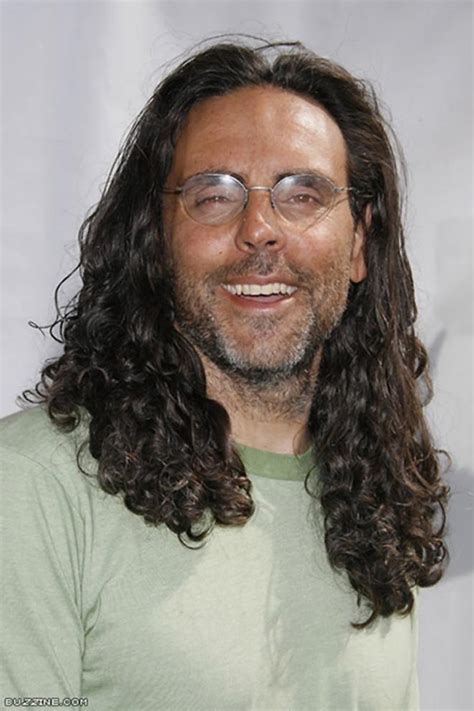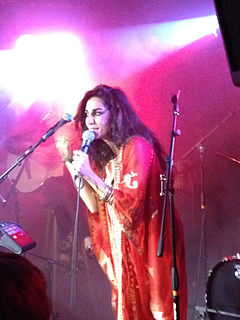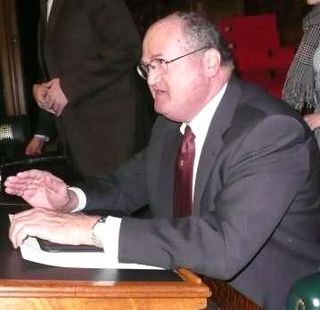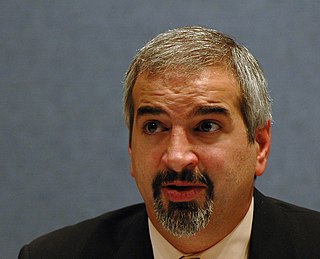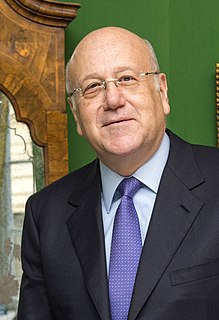A Quote by Robert Fisk
At Baalbek Nuts I bought pistachios from the Lebanese owners, who answered my request for their thoughts on the war with the typically Lebanese response of no problem. It's a lie, as we all knew.
Related Quotes
For years, Lebanese have known that Palestinian camps like Nahr al-Barid and Ain al-Helwe - hopeless slums crowded with generations of disenfranchised Palestinian refugees who can't go home because of Israel, and can't work because of Lebanese laws - are awash with gunmen, criminals and, since the war in Iraq, al-Qaida inspired jihadists.
We reject the killing of innocents to achieve a radical and violent agenda. The terrorists and their state sponsors, Iran and Syria, have a much darker vision. They're working to thwart the efforts that of the Lebanese people to break free from foreign domination and build their own democratic future. The terrorists and their sponsors are not going to succeed. The Lebanese people have made it clear they want to live in freedom. And now it's up to their friends and allies to help them do so.
Take a look at the Supreme Court decision that just authorized an effort by U.S. claimants against Iran for terrorist acts. What are the terrorist acts? The terrorist acts are bombings of U.S. military installations in Lebanon and Saudi Arabia, which Iran is claimed to have something to do with. Well suppose they did. That's not terrorism. I mean if we have a military base in Lebanon that while we're shelling Lebanese naval ships, the Navy is shelling Lebanese installations and somebody attacks [that's not terrorism].

